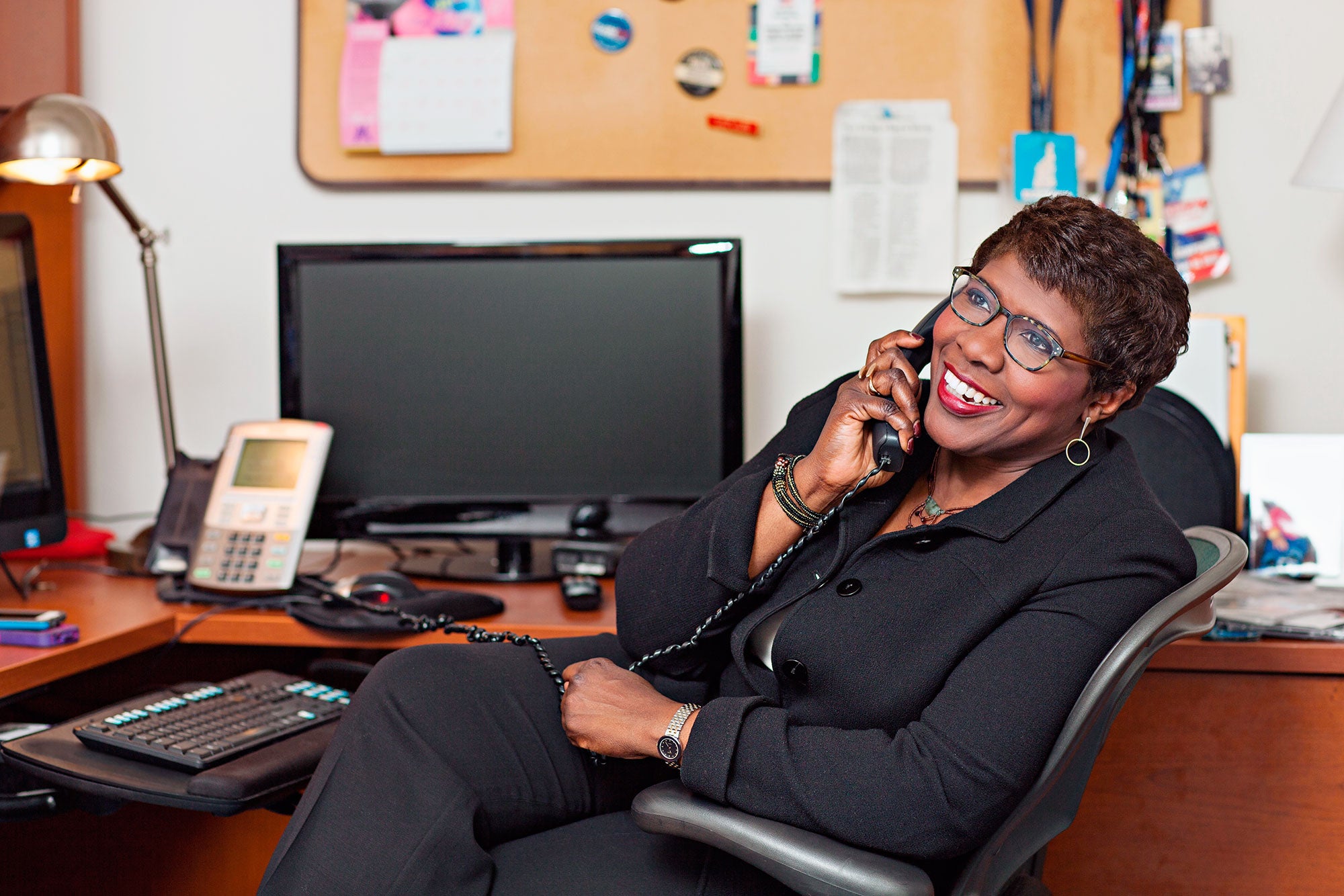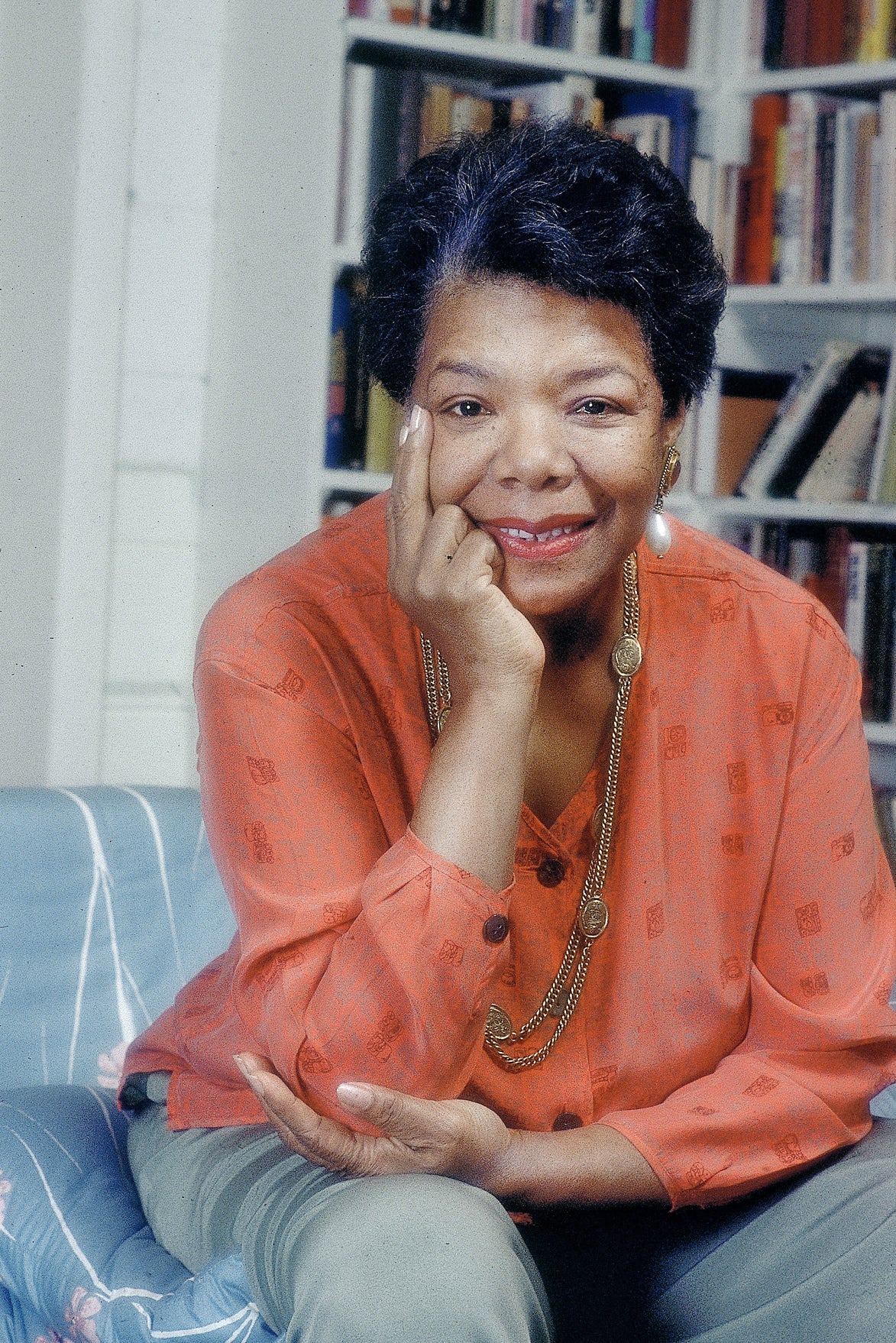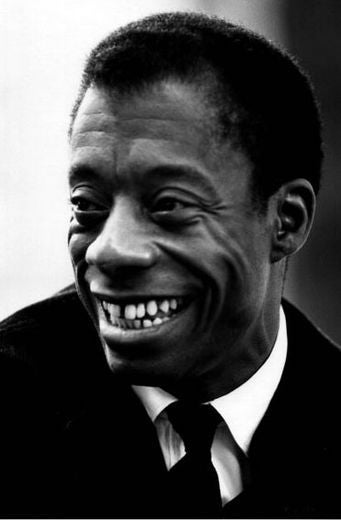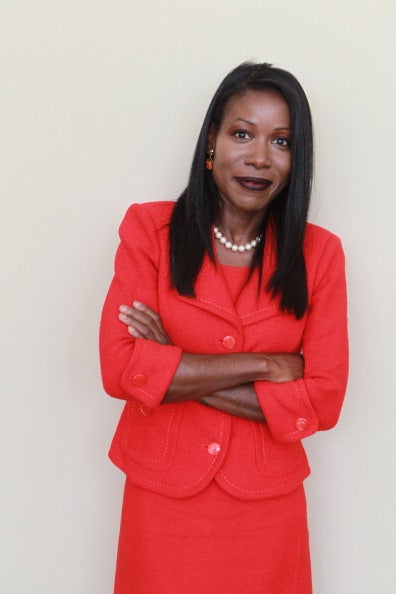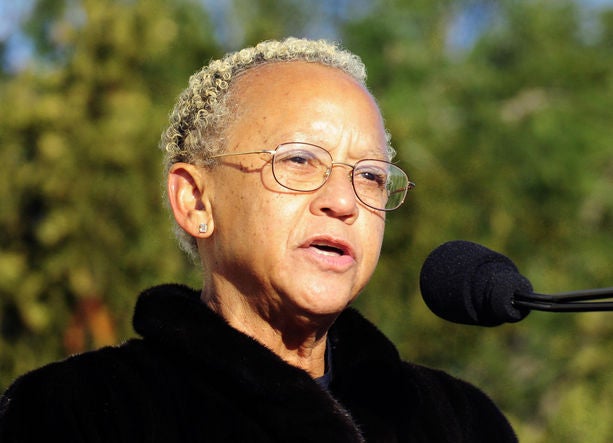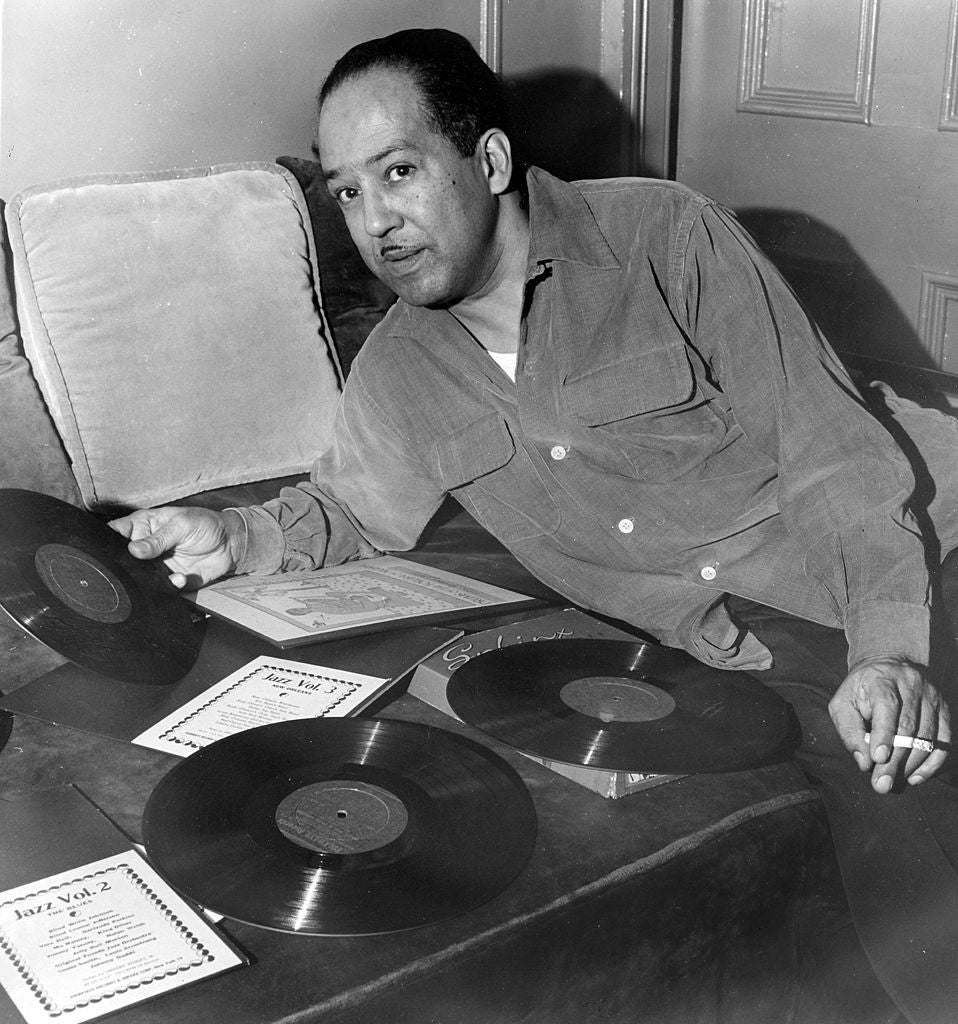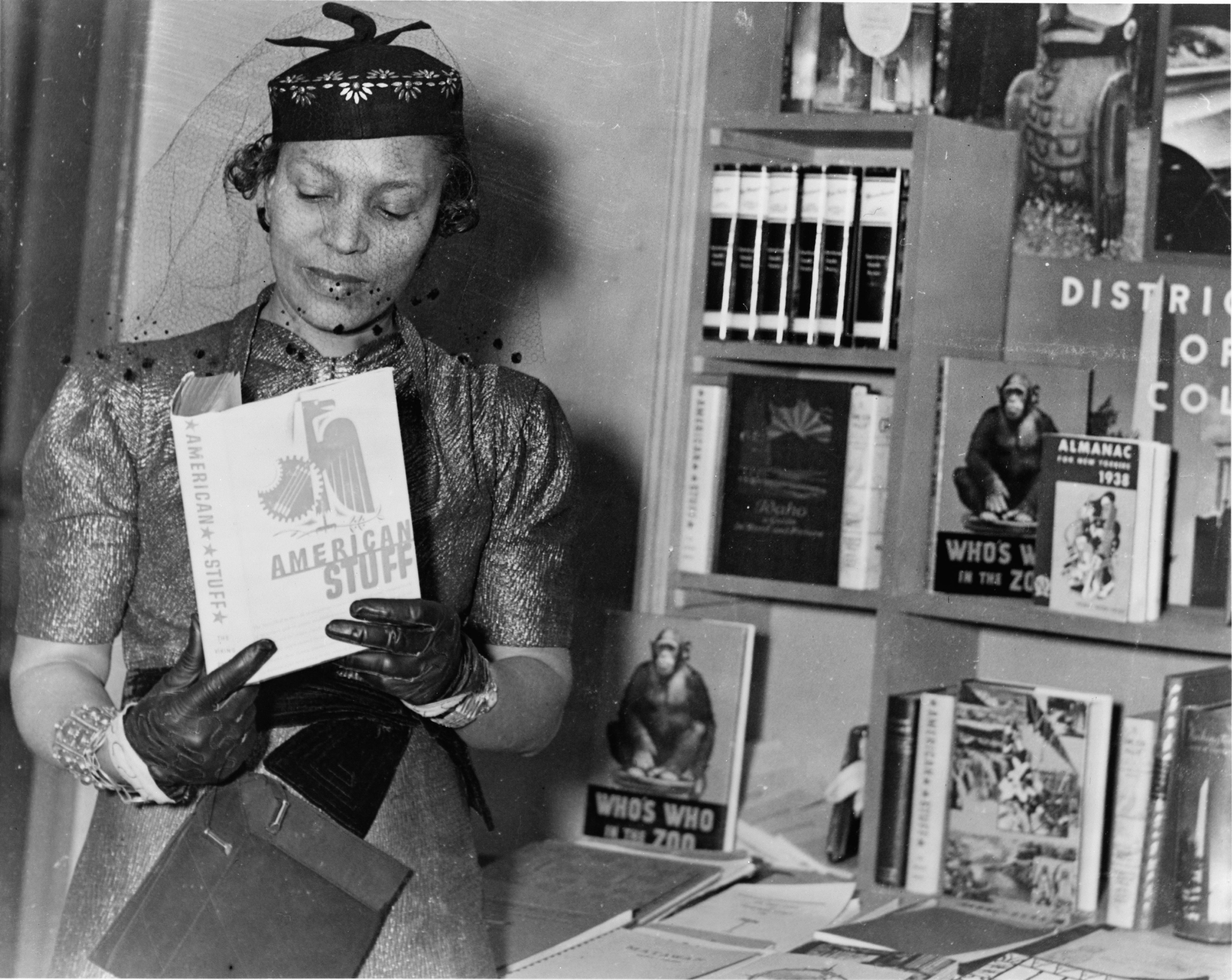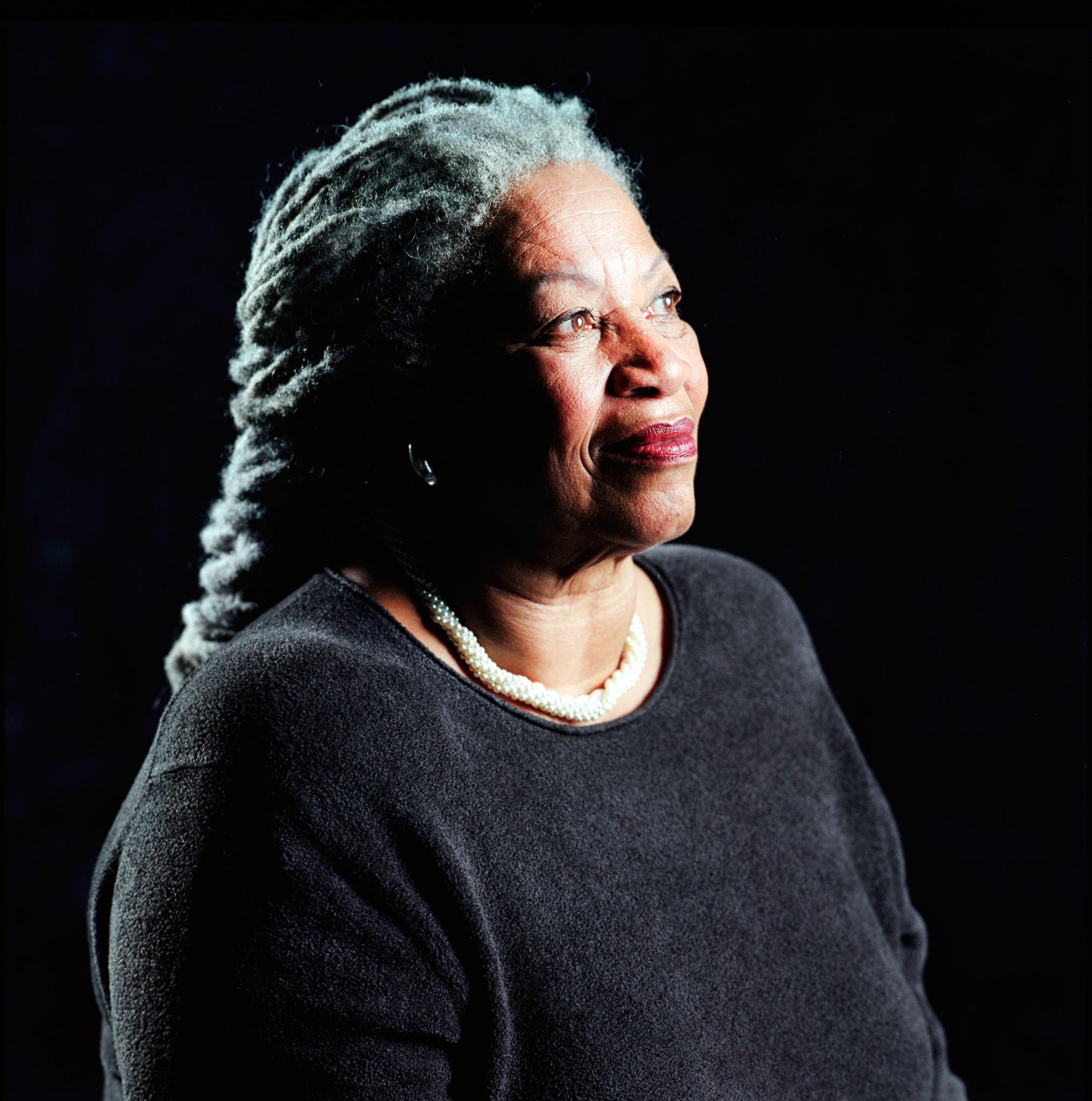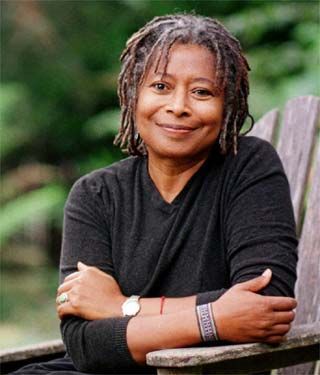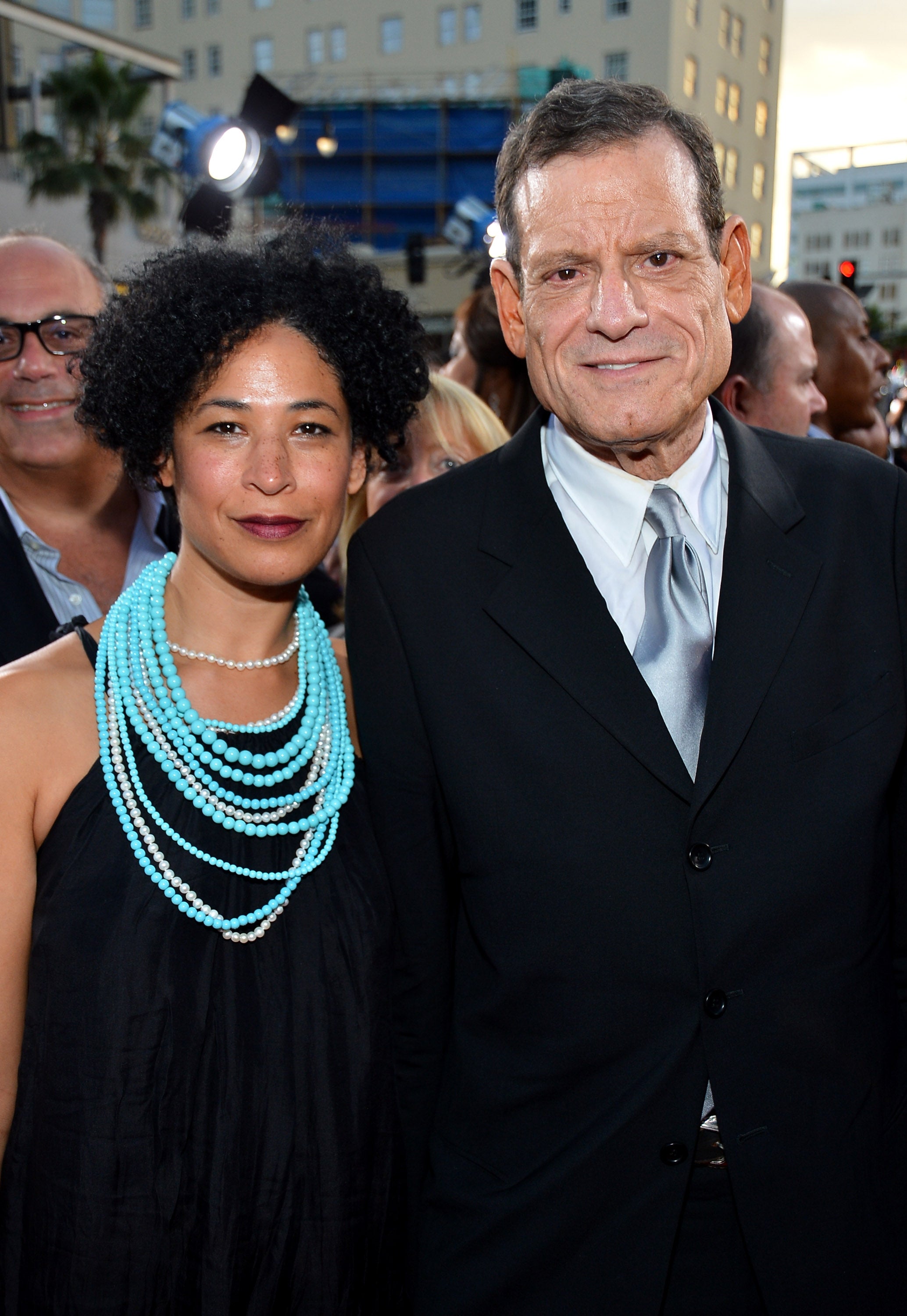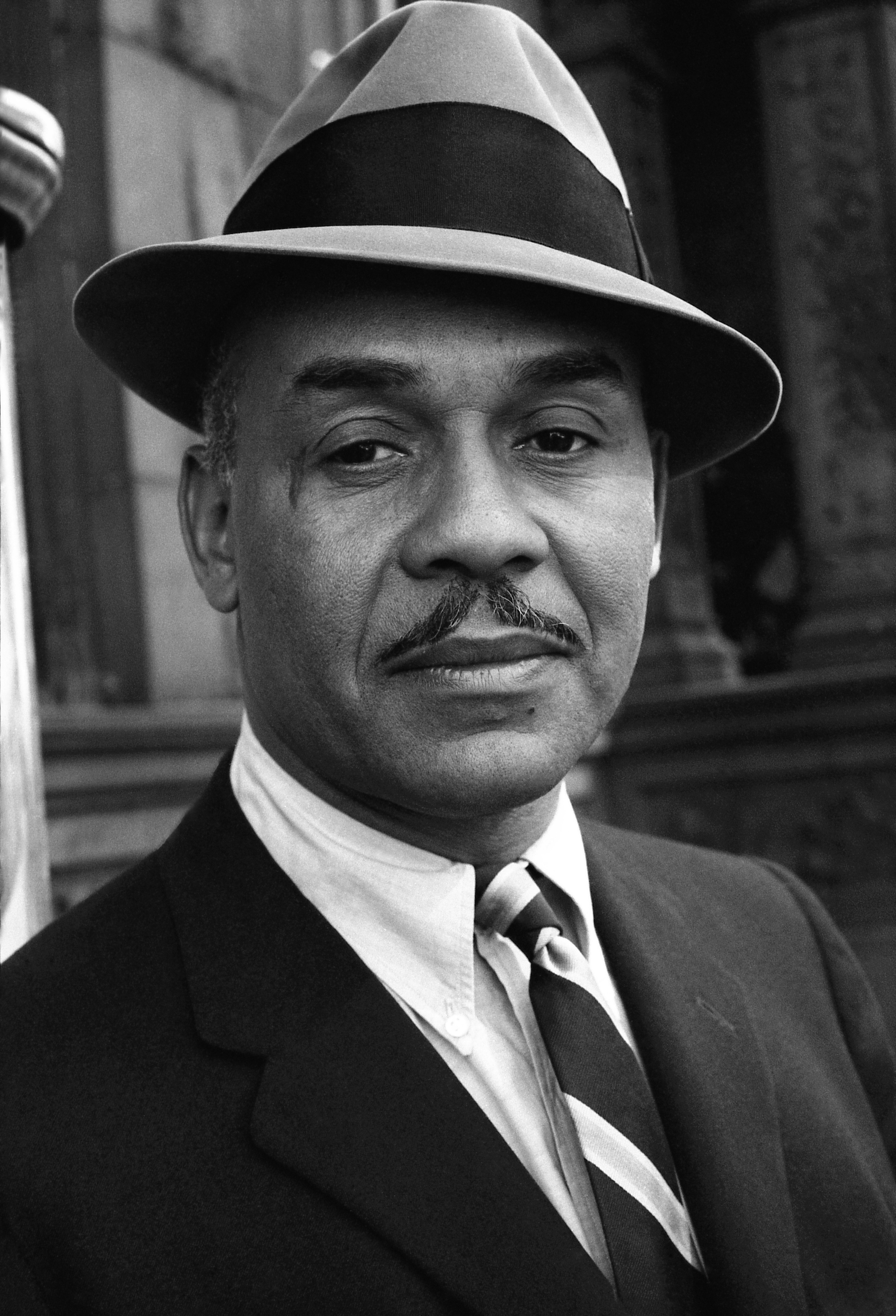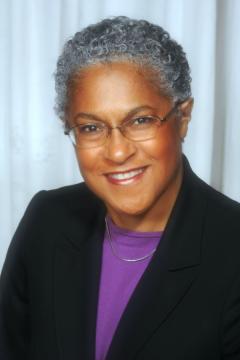Never before in this modern age, has the discussion of freedom of speech been so important.
With a president that has a contentious relationship with the media, writers and journalists have become incredibly vocal about the importance of reporting the truth. In the African American community, there’s a rich history of documenting our experience in prose, non-fiction novels and journalism. From Maya Angelou to Isabel Wilkerson, these authors have all made a profound impact on Black communities by giving a voice to our experiences.
Below, we highlight a dozen Black writers who used the power of the pen and prose to influence generations.
Journalist and author Gwen Ifill became the first Black woman to host a nationally televised U.S. public affairs program when she first appeared on Washington Week in Review on PBS in 1999, and became a familiar face on our TVs when she hosted the American vice-presidential debates in 2004 and 2008. Ifill, who passed away after a battle with cancer in 2016, was also the author of bestseller The Breakthrough: Politics and Race in the Age of Obama.
The late, famous poet and author Maya Angelou touched the lives of many especially Black women with over a dozen autobiographies, books of poetry and books of essays combined over her fifty year career span. Her most praised work was her first autobiography I Know Why the Caged Bird Sings telling the resilient story of her childhood in the South.
Isabel Wilkerson, the former Chicago Bureau Chief of The New York Times, became the first Black woman in American journalism to win a Pulitzer Prize. Wilkerson, who spent fifteen years researching and writing her bestseller, The Warmth of Other Suns: The Epic Story of America’s Great Migration, won the National Book Critics Circle Award.
Rising to fame during the Black arts movement of the 1960s, poet Nikki Giovanni is one of the most well-known Black poets. Giovanni has won several awards and was even nominated for a Grammy for The Nikki Giovanni Poetry Collection. Giovanni has also written numerous children’s books including Rosa, which was based on Rosa Parks’ life.
One of the leaders of the Harlem Renaissance movement, Langston Hughes was first published in the NAACP’s magazine The Crisis, and Hughes’ first novel Not Without Laughter won the Harmon Gold Medal for literature. Hughes often wrote about Black pride and strife, and offered advice to and even discovered young writers like Alice Walker.
Zora Neale Hurston’s novel Their Eyes Were Watching God about a woman torn by love and loss, was published in 1937 but it still remains Hurston’s prominent novel and one of most notable works of twentieth-century American literature. Also rising to fame during the Harlem Renaissance, Hurston was posthumously inducted to inaugural class of New York Writers Hall of Fame in 2010.
Nobel Prize-winning author Toni Morrison is one of the most influential Black writers of all time. Morrison penned numerous popular novels including The Bluest Eye, Song of Solomon and Beloved about the Black women finding identity for which she won a Pulitzer Prize and American Book Award. Morrison was also awarded the Presidential Medal of Freedom by Barack Obama in 2012.
If you aren’t familiar with the name Alice Walker, you certainly have heard of her most distinguished novel, The Color Purple. Walker won both the Pulitzer Prize for Fiction and National Book Award for the novel. Walker also wrote several non-fiction books, was an editor for liberal feminist magazine Ms. and co-founded feminist publishing company, Wild Tree Press.
Like her mother Alice Walker, Rebecca Walker is a writer. Walker, who is also a feminist and activist, focuses on race, gender and politics in her writing and speeches, and her work has been published in The Washington Post, Glamour and even here at ESSENCE. She’s also published two memoirs and one novel.
Black feminist and author Patricia Hill Collins became known for her first book Black Feminist Thought: Knowledge, Consciousness and the Politics of Empowerment, and went to write several more books focused on race and feminism. She is now a Distinguished University Professor of sociology at the University of Maryland, College Park.
